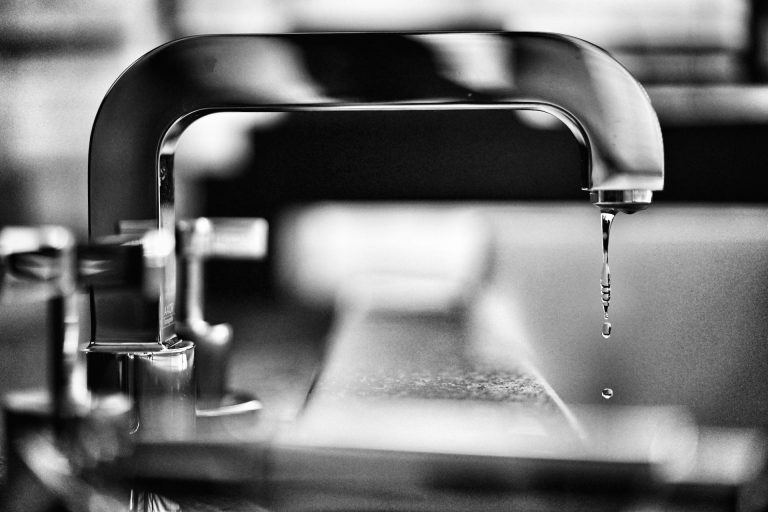You’ve probably witnessed your fair share of plumbing annoyances, such as a leaky faucet or a toilet that won’t flush, but what should you do when the worst happens? Besides not panicking, homeowners can do a lot to prevent a leak, backup, or flood from ruining their homes.
Don’t Attempt a DIY Repair: Always Call a Professional Plumber
While this article does provide some great tips on how to prevent a plumbing emergency from getting worse, you should never attempt a full DIY repair job. Without the right experience, training, and certification, you could further damage the plumbing system, costing you a fortune.
The best thing to do in this situation is call a local residential plumber to finish the job the right way. For example, if you live in Long Beach, California, ARS plumbing will come to the rescue. If you live outside of the Long Beach area, search “emergency plumber in (location)” on Google.
How to Manage a Plumbing Emergency Before the Experts Arrive
A lack of plumbing maintenance coupled with not knowing what to do during an emergency can make the problem worse. However, you can gain control over the chaos by doing the following.
Locate the Main Water Valve and Shut it Off
As soon as you notice a plumbing emergency, locate the water shut-off valve near your home. The valve is often found on the edge of your property between the curb and sidewalk, but sometimes it’s in an alley. If you can’t remove the cover yourself, call your water provider.
Learn to Identify Leaky Fixtures and Joints
Once the water is shut off, you can start locating the leak. You’ll usually know you have a leak if your water bill is higher than normal or your tap keeps dripping once the water is turned off. If you keep a roll of plumber’s tape and a few towels handy, you can manage a leak temporarily.
Manage a Burst, Collapsed, or Broken Pipe
If your plumbing emergency is due to a burst, collapsed, or broken pipe, your best bet is to cut off the water supply from your home. If you can isolate the damaged line, you may be able to turn off the pipe’s source valve. Don’t turn taps on or flush the toilet until the pipe is repaired.
Identify Any Clogged or Foul Smelling Drain
Blocked, clogged, or foul-smelling drains are a common plumbing problem, but it can turn into an emergency if you can’t use your tub or flush your toilet without it overflowing. If the clog is really bad, call a plumber. However, you may be able to use a drain cleaner to fix the problem.
Find Your Water Heater And Check Around It
When you can’t isolate the problem, check your water heater. If the water is too hot, too cold, smells bad, looks off, or there’s a leak nearby, that could be a sign of an emergency. Turn off the heater after the water valve is shut off if there’s a problem to avoid overheating the unit. Like any other appliance, water heaters have a lifespan and you may need to face the possibility of replacing it.
Turn on the Spigots Outside of the Home
The spigot, hose bibb, or faucet is located outside of your home, where you connect a garden hose. In an emergency, you should turn the tap on to direct water outside of the house. Not only does this minimize flooding, but it also relieves pressure off a damaged plumbing system.
Tell a Professional Plumber What Happened
Plumbers are trained to replace broken pipes, solve common plumbing issues, and turn your water supply back on, but they can also solve gas-related matters. That’s why it’s essential to tell the plumber what you did before you called them to ensure you and the plumber stay safe.

